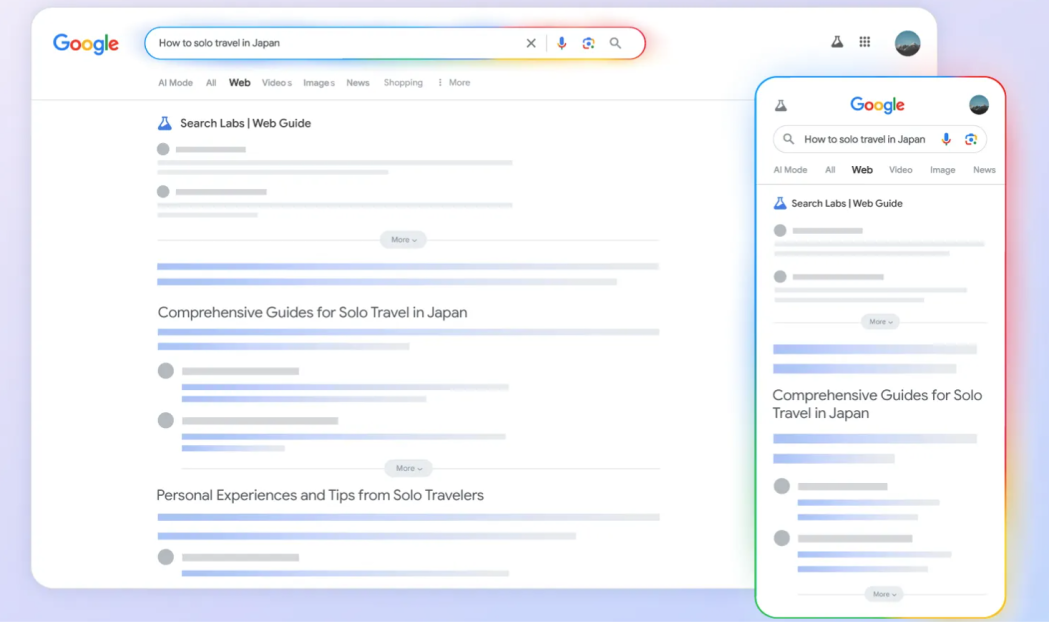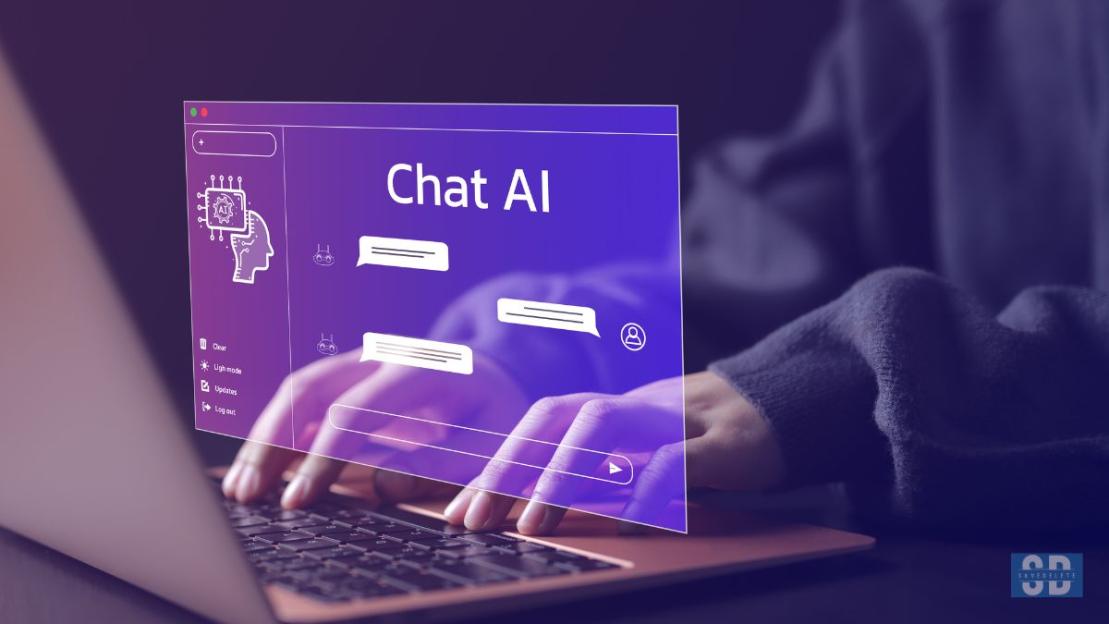In the continually evolving digital age, efficiently navigating the vast realm of the internet is paramount. Google, synonymous with online search, has introduced an innovative experimental feature called the Web Guide.
This AI-driven tool promises to transform how users interact with search engines by intelligently organizing search results. Let’s delve into the nuances of this groundbreaking development.
How Web Guide Changes the Search Landscape
1. Concept and Motivation
The Web Guide is a product of Google’s Search Labs, an innovation hub dedicated to advancing search technology. It’s designed to help users sift through the overwhelming amount of online information with ease. The key objective is to simplify the search process, making it more intuitive and effective.
2. AI-Powered Organization
At its core, Web Guide employs a sophisticated AI system to group search results in a way that mirrors how users naturally think and search. Leveraging a customized version of the Gemini AI, it interprets and understands complex queries. Unlike traditional search methods that focus on keyword matching, Gemini analyzes the contextual meaning behind queries. This results in better-organized content that highlights previously hidden or hard-to-find information.
3. AI Mode Similarities
Web Guide shares some features with AI Mode, employing a query fan-out technique. This involves conducting several related searches simultaneously to unearth the most pertinent results. This powerful method enhances the search experience, particularly for open-ended queries and elaborate questions like planning a trip or exploring communication tools across time zones.
The Usability and Accessibility of Web Guide
1. User Experimentation
Currently, Web Guide is available as a trial for opted-in users via the Search tab. Participants can toggle between the AI-organized results and conventional search formats, offering flexibility depending on the user’s preference or need.
2. Future Prospects
This feature is a living project, continually refined to better serve users. Plans are underway to integrate Web Guide into other Google Search environments, such as the “All” results tab, broadening its impact and accessibility. This integration aims to become more strategic as user feedback and data tip-off where AI-organized results can be most beneficial.
Why It Matters
1. Enhanced Discoverability
By reshaping how results are displayed, Web Guide makes it easier for users to find information they might have missed with standard search engines. This can be a game-changer for researchers, academics, and everyday users seeking deeper and more accurate answers.
2. Efficient Information Processing
Organized results allow for quicker decision-making and less time spent sifting through irrelevant data. This efficiency is increasingly valuable in today’s fast-paced world, where time is often as important as the information itself.
3. A Step Toward Personalized Search Experiences
The implementation of AI in search function signifies a shift toward personalized search experiences. As AI continues to improve, it’s likely users will see search results that are even more tailored to their interests and habits, offering a unique browsing experience.
Conclusion
Google’s Web Guide represents a significant stride forward in search technology, setting a new standard for how we interact with digital information. By blending advanced AI capabilities with user-centric design, Google is redefining online search, making it an intuitive extension of our natural inquiry processes. As this experimental tool evolves, it holds the potential to enrich our online experiences profoundly.







